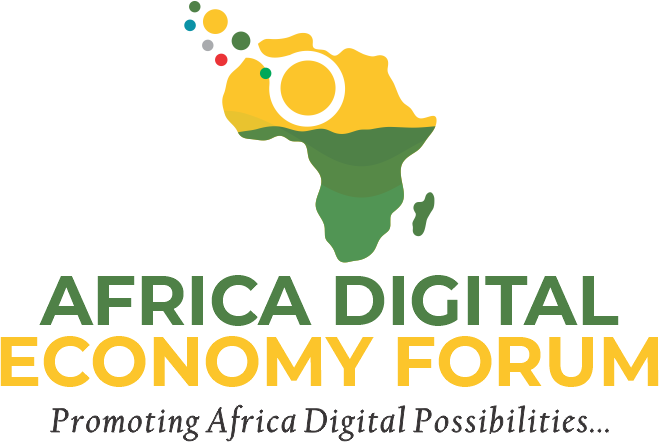
The world and its economy have both gone digital. The digital economy was created by digitizing existing economic procedures, products, and services. It is based on the internet and supported by technology.
The digital revolution of the economy has resulted in the creation of new business models, new products and services, and new ways to conduct business.
This digital economy is growing swiftly and is expected to continue doing so in the years to come. The fundamental questions of what the digital economy is and how it functions still exist.
To realize that, one needs to understand what an economy is. An economy is a system for creating and distributing commodities and services in an effort to satisfy societal wants.
The phrase “digital economy” describes the digitization of an economy’s current processes and operations as well as the creation of new economic activities that are only made possible by the internet and digital technologies.
New offerings are exchanged, new business models are built, and new markets are created when the old economy uses technology innovation.
The three fundamental forces behind the digital transformation are data, electronic devices, and the internet. Data is necessary for the functioning of the digital economy.
It is employed for many purposes, including decision-making, client targeting, the creation of new products and services, and much more. Is the information needed to access the internet? In a world where social media and online networks are crucial to how they learn and develop, more African children are growing up.
More than merely conversing and texting, Africans use this technology. It has given farmers access to strong educational resources that might assist them learn about new farming techniques that will increase their output.
Farmers are managing crop development in real-time by utilizing soil sensors, weather forecasts, and drone aerial photos.
In order to provide young people, especially young women and girls, with the skills necessary to take advantage of the growth and prosperity promised by the digital economy, while safeguarding against online risks and harms, and promoting inclusion, particularly for women, it is being done in the education sector to promote digital literacy and skills, particularly in the field of science, technology, engineering, and mathematics (STEM).
(iii) Using digital technology to help digital start-ups, SMEs, and creative community projects in order to promote digital transformation for growth, entrepreneurship, job creation, and private-sector empowerment.
However, digital technology can begin promoting green economies in a number of ways, including by minimizing the direct environmental effects of ICT production, distribution, operation, and disposal, by reducing toxic materials and waste disposal, by accelerating the production, allocation, and consumption of goods and services in the economy and society as a whole, by lowering power consumption and decreasing the amount of assets, substituting resources which can result in a high level of sustainability, and by increasing the speed of production, allocation, and consumption of goods and services.
Many nations and international organizations have already expressed their thankfulness for how digital technologies have made it easier to move toward a future that is more sustainable.

